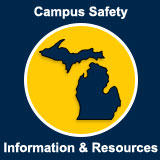Featured Stories
-
U-M programs offer a life preserver
As the White House looks to shore up U.S. shipbuilding, the University of Michigan is leading efforts to train the needed workforce and develop a state-wide maritime strategy with one of the nation’s few departments dedicated to naval architecture and marine engineering.
-
Charging electric vehicles 5x faster
A stabilizing coating on an electrode, combined with microscale channels, helps solve the trade-off between range and charging speed, even in cold temperatures.
-
Breaking cost barriers, solving global business problems
The Vienna Spring Break program aimed to provide 13 Michigan Ross undergraduate and master’s students with hands-on experience. Rather than having the students work on hypothetical case studies, WU Wien assistant professor Eva Marckhgott—who taught the class—collaborated with a real company facing real business challenges.
-
Dicamba drift
A University of Michigan study examined the effects of the herbicide, called dicamba, and found that plants exposed to dicamba drift had a lowered abundance of pollinators, and that pollinator visits to flowers were reduced for some weeds, but not others.
News
News
- Consumers worried about labor markets amid trade policy volatility
- Finding 'win-win-wins' for climate, economics and justice
- Michigan Minds podcast: Shalanda Baker talks about sustainability and climate action
- Q&A: Many political leaders silent during surge in policies
- Filling a gap: U-M dental students help combat Michigan's shortage of rural dentists
Visit Michigan News
Visit Key Issues
Visit The University Record
In The News
- USA Today US consumer sentiment and expectations fall again in April as tariff uncertainty continues
- CNN Beyond Ivy League, RFK Jr.'s NIH slashed science funding across states that backed Trump
- Detroit Free Press Inflation is slowing. Wages are up. So why does life feel costly for many Michiganders?
- CBS News How trade deal uncertainty is impacting the US economy
View more In The News
Videos
Happening @ Michigan
Events
- April 26 University of Michigan Museum of Art Study Break at UMMA Museum of Art
- Apr 27 MYPAP Student Recital
- Apr 29 Disappearing Federal Data: Implications and Preservation Efforts
- Apr 26 WoW Bike Recycling Project: Donation Drop-Off
- Apr 28 Bloody Work: Lexington and Concord 1775
Visit Happening @ Michigan
Academic Calendar
-
- Apr 23, 26-27
-
- Apr 24-25, 28-30
- May 1
-
- May 2-4
-
- May 6
-
- May 26
-
- Jun 19
-
- Jun 20
View Complete Calendar
Carpe Diem


All Michigan, all the time
There’s always something amazing happening at Michigan. Whether it’s on campus or around the world, our students, faculty, staff and alumni are out seizing the day. A sampling of images captured over the years is shown in the gallery below.
-
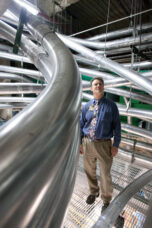 1:04 pm
1:04 pm
-
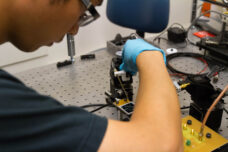 2:54 pm
2:54 pm
-
 2:26 pm
2:26 pm
-
 2:13 pm
2:13 pm
-
 2:30 pm
2:30 pm
-
 2:53 pm
2:53 pm
-
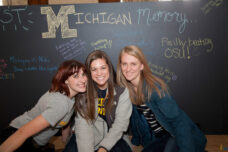 3:47 pm
3:47 pm
-
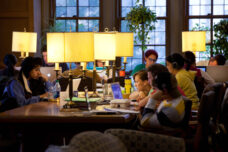 3:47 pm
3:47 pm
-
 3:47 pm
3:47 pm
-
 3:52 pm
3:52 pm
-
 3:50 pm
3:50 pm
-
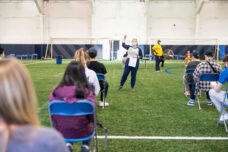 4:33 pm
4:33 pm
-
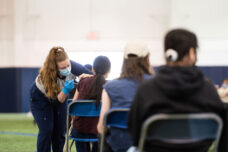 4:47 pm
4:47 pm
-
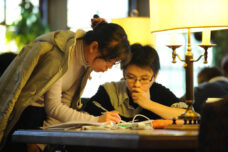 4:35 pm
4:35 pm
-
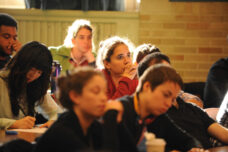 4:47 pm
4:47 pm
-
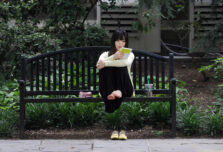 4:37 pm
4:37 pm
-
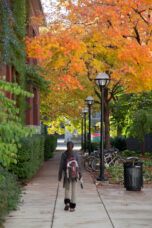 5:45 pm
5:45 pm
-
 6:55 pm
6:55 pm
-
 6:11 pm
6:11 pm
-
 7:24 pm
7:24 pm
-
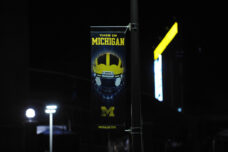 7:55 pm
7:55 pm
-
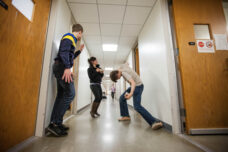 9:15 pm
9:15 pm
-
 9:19 pm
9:19 pm
-
 10:07 pm
10:07 pm
-
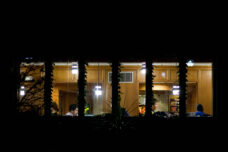 10:27 pm
10:27 pm
-
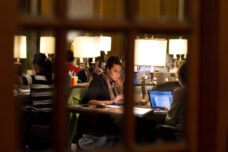 10:43 pm
10:43 pm
-
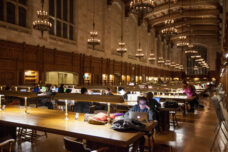 11:59 pm
11:59 pm
-
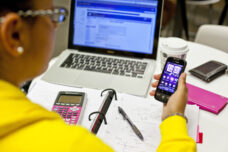 11:01 pm
11:01 pm
-
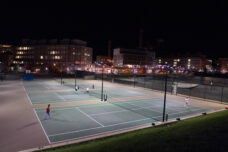 11:34 pm
11:34 pm
-
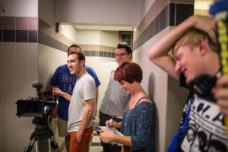 11:33 pm
11:33 pm




